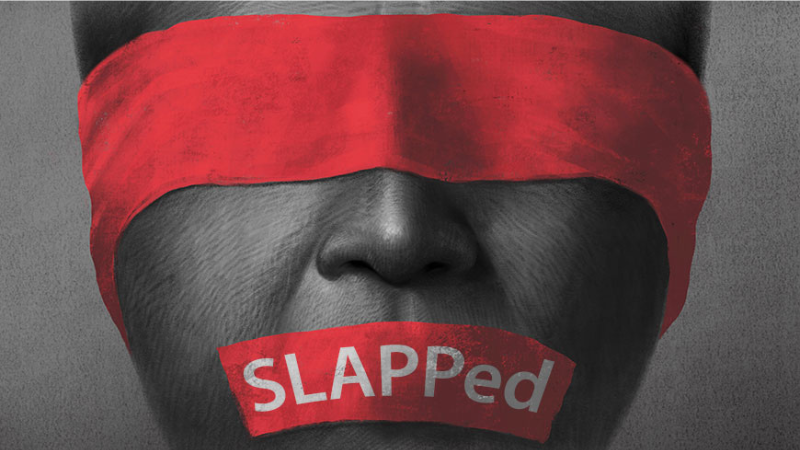The European Parliament has voted in favour of an anti-SLAPP directive. This EU-level legislation is intended to protect journalists, human rights activists and artists from the bullying and crippling effect of cross-border lawsuits. This draft directive still has to be negotiated with the Commission and Council before it becomes law, yet this first step, overwhelmingly approved by a vast majority of MEPs is definitely a move in the right direction.
This Europe-wide legislation has at its origins the work of the Daphne Caruana Galizia Foundation and other organisations forming part of the Coalition Against SLAPPs in Europe. SLAPPS is an acronym for ‘strategic lawsuits against public participation’.
The wealthy use such international lawsuits in an effort to force journalists and reporters or whistleblowers into silence. The ‘strategic’ element involves selecting expensive jurisdictions far from the journalists’ home base to initiate legal action.
Often the journalists in question face hugely debilitating fees to defend themselves.
The aim of anti-SLAPP legislation is to prevent the use of legal forum shopping for unjustified and vexatious intimidation. A strong anti-SLAPP legislation, such as that approved by the European Parliament would go a long way to strengthen the powers of the fourth estate and of those who keep authority in check.
This directive is being dubbed Daphne’s Law. Back in 2018 EU justice commissioner Věra Jourová promised the Caruana Galizia family that the EU would take measures to legislate to prevent the sort of threats that Daphne had faced before she was assassinated.
At the moment of her untimely death, Daphne Caruana Galizia was facing 43 libel suits. These continued even after her assassination. Politicians and wealthy businessmen had kept up a momentum of harassing libel suits that threatened to financially ruin her. Commissioner Jourová’s promise and Daphne’s experience of vexatious lawsuits have meant that the new directive is nicknamed Daphne’s Law.
The battle is not over yet. The European Council constitutes a major hurdle before this legislation becomes a success story that truly honours Daphne’s memory and does justice to many journalists across the continent.
Member states might be tempted to water down the legislation and thus deprive it of its effectiveness. As recently as June of last year, governments of the EU Council seemed to agree on negotiating points that removed key elements of the Commission’s initiative.
In the words of Andrew Caruana Galizia “The tragedy of the Council’s compromise on ‘Daphne’s Law’ is not merely that it defeats the spirit or betrays the promise made to our family, but that what is left of it would not have protected our mother”.
The importance of this legislation being passed in as strong a form as possible cannot be sufficiently emphasised.
Journalists, whistleblowers and reporters are a fundamental element in today’s society. They are as much of a guarantee of the balance of power as are the constitutional institutions that are meant to safeguard the rule of law. The recent experience of the Shift is a perfect example of what the abuse of vexatious procedural legislation can do to legitimate reporting rights.
Legislators have a duty and obligation to guarantee the free expression and proper functioning of journalists. Back in 2017, Minister Chris Cardona managed to freeze Daphne Caruana Galizia’s bank account. International journalist associations complained to the government of disgraced PM Muscat. The government replied with a text justifying its Media and Defamation Bill (full text here), while claiming that media practitioners had “positively received” this bill. Daphne’s comment on that reply is worth remembering:
“ (…) no media practitioner can possibly “welcome” a doubling of the maximum penalties for libel or the stripping of web-based journalists of the right to protect their sources under the law if they don’t register themselves with the government.”
We need a strong, undiluted Daphne’s Law because the crooks are still all over the place and the situation is not getting any less desperate.













Under the muvument korrott, it pays to be a criminal.
‘… governments of the EU Council seemed to agree on negotiating points that removed key elements of the Commission’s initiative.’
That is the core of the problem. I don’t know each member state’s stance on it, but I am certain that Hungary and Poland with their present governments in place, have no interest in the key elements of the Commission’s initiative. The present Maltese govt has neither.